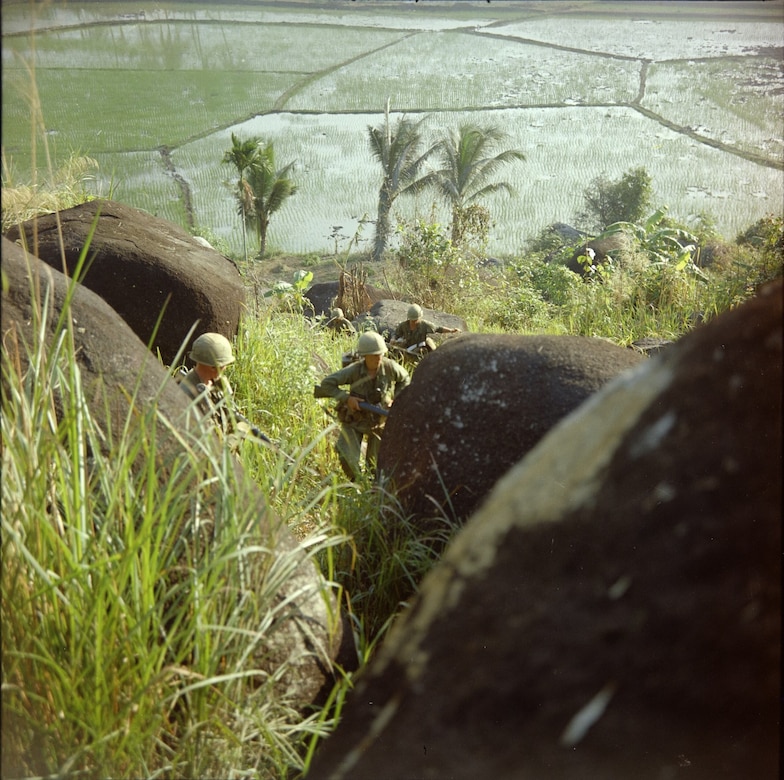Army Sgt. William David Port took his oath to protect his fellow soldiers seriously. In Vietnam, when a grenade landed among his platoon mates, he didn’t hesitate to give his life to save them. Port never made it home from war, but for his sacrifice, he posthumously received the Medal of Honor.
Port was born Oct. 31, 1941, in Petersburg, Pennsylvania, to Paul and Cecile Port. He had three brothers and a sister. After graduating from Juniata High School, Port moved about two hours east to Elizabethtown, where he first worked as a medical aide in a senior residential community known as Masonic Homes.
At some point, Port married his wife, Tonya, and they had two children, Kimberly and Nevin. Newspaper accounts also show he had another daughter, Kathryn, from a previous relationship.
Port worked for a few years as a candy manufacturer at Klein Chocolate Company before he was drafted into the Army in March 1967 at the height of the Vietnam War. Five months later, he was shipped to the Southeast Asian country to serve as a rifleman with Company C of the 5th Battalion, 7th Cavalry, 1st Air Cavalry Division.
On Jan. 12, 1968, then-Pfc. Port’s platoon was on its way to cut off a group of enemy soldiers in the Que Son Valley when they came under heavy fire from an entrenched enemy force. The intensity of the gunfire required them to quickly withdraw.
Port was wounded in the hand during the initial firefight. Despite the continuing gunfire, he ran through the area to help a wounded soldier get back to the safety of the platoon’s perimeter.
As the assault continued, Port and three other soldiers were taking cover behind an embankment when an enemy grenade landed in their midst. Without any concern for himself, Port shouted “grenade!” to warn his fellow soldiers of the danger before hurling himself on top of the device as it exploded.
According to newspaper reports, a medic worked on Port’s injuries for more than two hours as the fight continued, but eventually heavier enemy fire forced the unit to withdraw, and since Port appeared to be gravely injured, they were forced to leave him behind. His sacrifice, however, saved the lives of at least three men.
Port was initially listed by the Army as missing in action. The service later learned that the North Vietnamese had taken him as a prisoner and that he had died on Nov. 27, 1968, and was buried in a jungle grave with eight other men.
Port’s courage and devotion to duty were not overlooked. He was posthumously promoted to sergeant. On Aug. 6, 1970, his widow and two of his children, Nevin and Kimberly, received the Medal of Honor on his behalf from President Richard M. Nixon during a White House ceremony. In 1975, the children also received a Bronze Star in his name at a ceremony at Fort Indiantown Gap, Pennsylvania.
Port’s remains were eventually repatriated to the United States. On Oct. 18, 1985, he was buried in Arlington National Cemetery.
Port is remembered near his hometown in Huntingdon, Pennsylvania, where a bridge crossing the Juniata River was named in his honor.
This article is part of a weekly series called “Medal of Honor Monday” in which we highlight one of the more than 3,500 Medal of Honor recipients who have received the U.S. military’s highest medal for valor.






